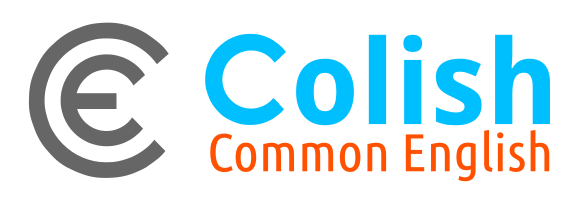By Marketing | 20 June, 2020

Today
The State invests billions in the education of its children so that they are equipped with the necessary skills for life, industry and society.
In many countries the teaching of English as a first or second language has a high priority. For example Germany invests 6250 EUR (5660 GBP) in the teaching of English per child. This investment is not only useful for industry, for tourism, but is also useful for the child itself, empowering the future adult to enjoy the world of media, the arts, to communicate with other nationals, to enjoy more of life, and in the end contribute to Germany’s own social cultural macrocosm.
Education in the childs early years is limited to a set number of hours, The State has to decide how these hours are to be invested. It has to juggle with education priorities such as the teaching of the mother language, maths, computer use, literacy, science, or fitness.
English with its complicated set of spelling rules is more difficult to teach than the average continental language, taking up to two times longer and needing specialised teachers. This investment ‘eats up’ the available school time, resulting in less time for other skill teaching. In the UK there is a relationship between this and the observance that there is more illiteracy in young adults than in other continental countries. Every hour is important. The teaching of Common English allows the State to free up hours for other high priority learning.
Another aspect for Nations or collectives who are on a path to their own sovereignty, is the need to unravel political hegemony from human language learning and its use.
The Vision
The CoWorld Vision is
- To establish a Common English around the world.
- To harmonize and simplify spelling, making it easier in the long term to teach.
- Together with policy makers define a long term release plan.
- With every version, improve the spelling learning rate by 10% or more.
- To establish a global learning framework.
- To unbundle nationalism from language.
The Benefits
Teaching
- Children in English mother tongue countries can learn faster.
- Freed up school teaching time can be used to master other basics in primary school.
- Children who learn English as a second language, will be able to learn the language faster.
- New teachers can be educated and be deployed faster.
Time savings
With a new Colish version, a saving of 10% of the time needed to learn spelling
- Example England - Saving of 5 school weeks
- Example Germany - Saving of 2 school months of 4 h/wk
Cost savings
Time saving results in cost savings.
- Example England - 423 Mio GBP / year (primary children)
- Example Germany - 136 Mio EUR / year (as a second language)
Improved standards
Faster learning results in
- Better OECD/PISA results
Migrants
- Migrant children who have learnt Colish on their journey, can be integrated faster in the State education system.
Adult education
- Adults can learn faster.
- A faster Return-In-Investment (ROI).
Export
- The use of Common English enables the private sector to offer standard services, improve efficiency and thus contribute to the Gross National Product (GNP).
Unbundling Nationalism
- Nations or collectives can unbundle political discourse from the language learning strategy in schools or at home.

